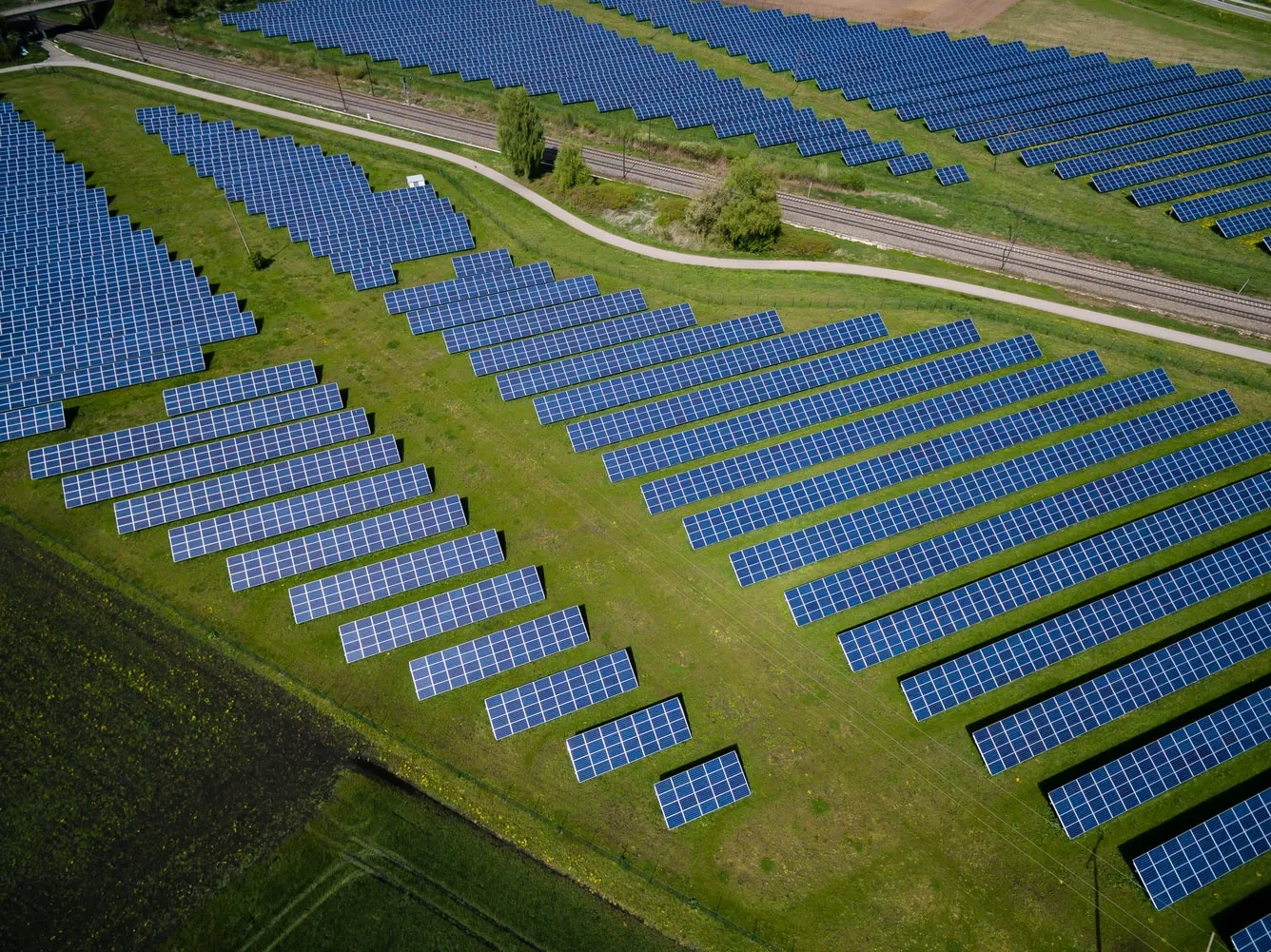The EAI recently responded to the CRU’s consultation on the National Energy Demand Strategy (NEDS). This consultation marked an important step in the development of the electricity markets as it acknowledged the importance of demand management as a source of network management and as a means of facilitating more renewable energy on the grid.
The consultation focused across the areas of
- Implicit flexibility – Behaviour change from customers through smart metering program.
- Explicit Flexibility – Procuring flexible products to deliver volume shift.
- Mandatory requirements – obligations put on LEUs at the point of connection & smart readiness of EVs.
In our response, EAI highlighted the need for a strong signal for consumers to use energy at a time of high renewables. The wholesale market currently reflects lower prices at times of high renewables however this is not mirrored in other network charges which contribute to the electricity bills of final customers. The NEDS consultation pointed to a review of Network Tariffs which we welcomed.
The proposal to procure flexibility products through ESBN could provide a route to market for smaller flexible assets. ESBN is procuring these assets based on both network requirements and reliability to operate and dispatch regularly. EAI welcomed the introduction of this new DSO led flexibility market, however sought further clarity on how these will operate within existing flexibility markets.
There is a focus on delivering explicit flexibility in the short-term, primarily due to the target of 15%-20% demand side flexibility by 2025, increasing to 20%-30% by 2030. Meeting these targets will require reliable flexible assets to provide volume shift in the short term. The procurement framework for these products was consulted on through a separate consultation which EAI also responded to.
In our response we emphasised the importance of getting value from the National Smart Metering Program and to deliver functionalities such as the automation of microgeneration payments, a smart data access code and innovation funds for energy products to ensure that the CRU take a balanced approach to demand flexibility in the near term.
This consultation flagged a number of work programmes which the EAI will be following up on including consultations on dynamic tariffs, LEU connection policy, a regulatory framework for aggregators, energy sharing and a network tariff review.
You can read our full response to the consultation by following the link below.

